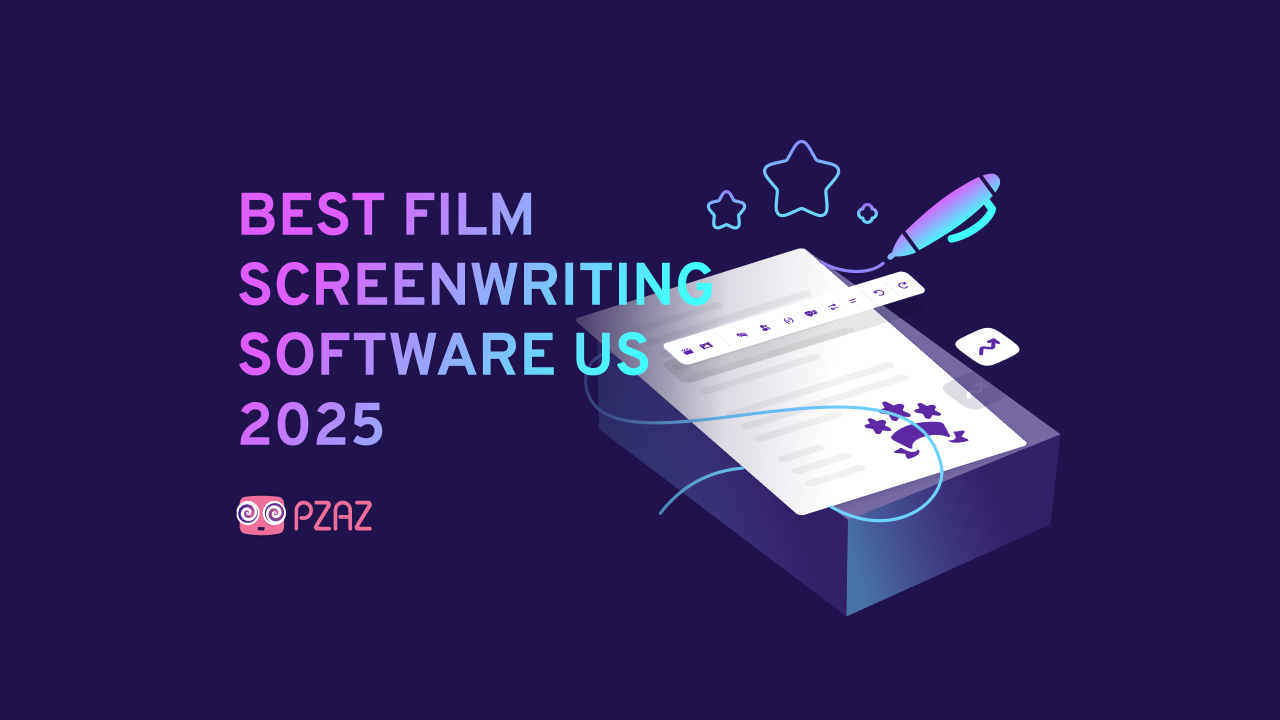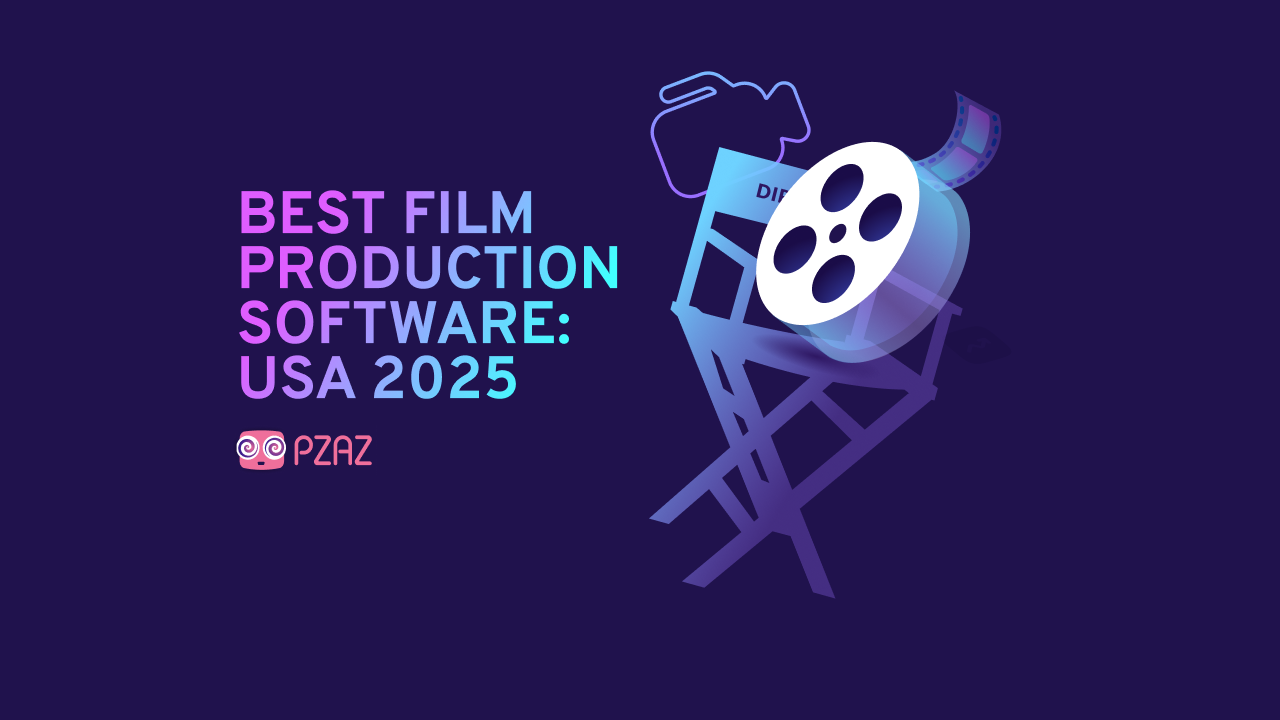The Challenges of Documentary Filmmaking
Recently we caught up with Candice Delevante to hold a wide-ranging interview about filmmaking. Candice is a film and television producer and a documentary filmmaker. She is based in Brooklyn, New York. Until recently, she worked for Paramount Global on the business and legal side of scripted television.
As a Coordinator for the Paramount Network, she worked in the area of Production, Programming and Development. Her work included a slate of shows developed by popular writer and show-runner, Taylor Sheridan (who is now well-known as the creative force behind popular TV show, Yellowstone).
In 2013, Candice founded Metamorphosis Pictures, with the mission to champion unheard voices and unsung heroes in storytelling.
So far, short documentaries and screenplays created by Metamorphosis have been showcased and awarded at festivals in the U.S., Canada, Mexico, Europe and Australia.
In our interview, we cover a number of topics including the following.
- We look at what traits Candice looks for when hiring
- Why it is crucial for team members to be 100% committed
- The pros and cons of documentary films as a genre
- The importance of making an impact with one’s work
- The impact that documentaries can have, on both the audience and the filmmaker
- What advice Candice would give to new filmmakers
- The role of serendipity in filmmaking
- How new filmmakers can try to stand out from the crowd
- Why do people find documentaries so compelling
We are sure that you will find Candice’s interview both entertaining and enlightening.
Exploring Candice’s expertise in documentary filmmaking
In the interview, we discuss the nature of Candice’s work. She describes her work as primarily focused on short documentaries, which she has been producing for the past 10 years. Candice’s primary focus, she explains, has been on directing and editing. This is a process where preparation and planning is essential. In Candice’s words, even for short films, “there’s still a lot of due diligence that has to be done before going into production, to make a production go smoothly”.
We explore what particular traits Candice looks for when hiring
After understanding what kind of work she focuses on, we look at what particular traits or attributes Candice feels are the most important for filmmakers to possess, and what filmmakers should especially look for when seeking to recruit a team of their own.
In her eyes, confidence is essential, as is experience. Candice stressed the value of learning from her team members to continually improve her craft and elevate her work. “I like to hire people who feel confident and who are experienced in what they’re doing. I learn from them as I become better at what I do, so I’m always looking to do better and do more.”
Candice also emphasises how having a genuine passion for the content, is crucial for any team member. She noted that a lack of interest or commitment to the subject matter could negatively impact the project’s outcome, especially if individuals were solely motivated by financial incentives.
As we continue, Candice underscores the significance of collaborators who invest not only in the work but also in the project’s underlying concept and message. She emphasised the difference between individuals merely fulfilling their roles and those fully embracing the project’s narrative. As you will hear, Candice advocates for wholehearted commitment from talent and crew members, and claims it leads to superior results in filmmaking endeavours.
Candice shares some of her memories of her earlier career before becoming freelance
In the interview, we look at Candice’s memories of working at Paramount Global, which is of course a hugely-successful and well-regarded brand in television and digital media. Candice expressed appreciation for her time at Paramount, and highlights some of the valuable lessons she learned from the business and legal affairs team. We explore how, despite her admiration for the brand and the opportunity to work on renowned shows like those by Taylor Sheridan, Candice felt compelled to pursue new challenges for both personal and professional reasons.
Reflecting on her decision to strike out on her own, Candice emphasised a desire for greater autonomy and the opportunity to develop and pitch her own projects. She described her transition as a natural progression from her previous role in production and programming to exploring freelance opportunities and nurturing her own creative endeavours.
We explore with Candice the growing popularity of documentaries, as viewers seek more in-depth perspectives amid disillusionment with mainstream media. We look at some of the opportunities inherent in the documentary genre and the chance to offer audiences a deeper understanding of various subjects.
What principles does Candice adhere to in her filmmaking work
In the discussion, we look at the particular principles and guidelines that Candice herself adheres to in her work. As we explore these themes, Candice expresses her perspective on maintaining neutrality in their filmmaking approach. She emphasises the importance of allowing narratives to stand on their own merit without imposing personal opinions.
In today’s world of filmmaking, the technological landscape is changing faster than ever before. This rapidly evolving landscape of technology, and the advancement of internet-based technologies, has lowered barriers to entry into the filmmaking industry while also intensifying competition for visibility, and we explore with Candice what it means for new filmmakers, or those just embarking on their career.
Sometimes documentaries can make you see things differently after production has wrapped
Documentaries are a genre that has held fascination for generations of filmmakers. Part of the reason for the enduring appeal of documentaries, we believe, is the power they hold to change someone’s mind. But as we explore with Candice in this interview, one fascinating twist is that making a documentary can be the catalyst for a filmmaker changing their own mind about a subject – as they are making the film. In the interview, Candice and I look at her career through this lens, and examine whether she has experienced any unexpected revelations or shifts in perspective during the process of documentary filmmaking.
As Candice reveals, her films have certainly held the potential to diverge from her initial expectations and lead to new insights.
During the interview, Candice also highlights the transformative potential of documentaries to challenge audience perspectives and spark reflection. We also shifting the focus and look back at what prompted Candice’s initial attraction to documentary filmmaking. We discuss one of Candice’s earliest documentaries, “Go Quietly”. This film emerged from personal experiences with Wells Fargo’s foreclosure practices, leading to a collaboration with attorney Amy Goodman and the production of a documentary exposing the bank’s actions. As we discover, this project served as a pivotal moment in the interviewee’s journey into documentary filmmaking, igniting their passion for the genre and highlighting its capacity for social critique and advocacy.
What advice would Candice give to new filmmakers starting out today
In the interview, we explore with Candice what are some of the most important skills and techniques that new filmmakers can practise, in order to get ahead. We discover that for Candice, one such skill is networking and building relationships in the film industry. As we uncover, this is because of just how big a role is played by collaboration and mutual support amongst filmmakers and team members. Candice emphasised the need to not only receive help but also offer assistance to others within the community.
To prevent legal issues it is important to be diligent, record everything, and act preemptively.
Later in the interview, on a different note, we discuss the importance and necessity of obtaining proper permissions. As we learn from Candice, this can apply not only to film footage, but also to music, names, likenesses, and voices. This is just as important in documentary filmmaking as in any other type of media project, warns Candice. She explains how being prepared, making diligent notes, and acting preemptively can help to prevent later any potential legal issues.
Serendipity can play an important role in the filmmaking process
In the world of filmmaking, projects and ventures can sometimes be sparked by random, or even serendipitous, events. In our conversation with Candice, we uncover the story behind such one particular series of fortuitous circumstances. In particular, these surrounded the genesis of their recent documentary “Nkosi Eclipsed”. Candice shares in detail the particulars of this series of events. Reflecting on the significance of such moments in filmmaking, we discuss how following one’s passions and intentions often leads to unexpected opportunities.
Where to find out more about Candice and her work.
You can find more information about Candice herself, and her filmography, by visiting https://metamorphosispictures.com/.
Best Film Screenwriting Software US in 2025
Find out what independent filmmakers want most in screenwriting software—from AI tools and cloud storage to collaboration features and bold design—and see how creative needs are shaping the future of writing platforms.
Best Film Production Software: USA 2025
Find out what filmmakers value most in their software tools, from editing support to progress tracking and post-production help, and learn why Pzaz is the ultimate creative partner in bringing your stories to life.


